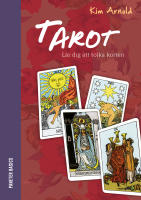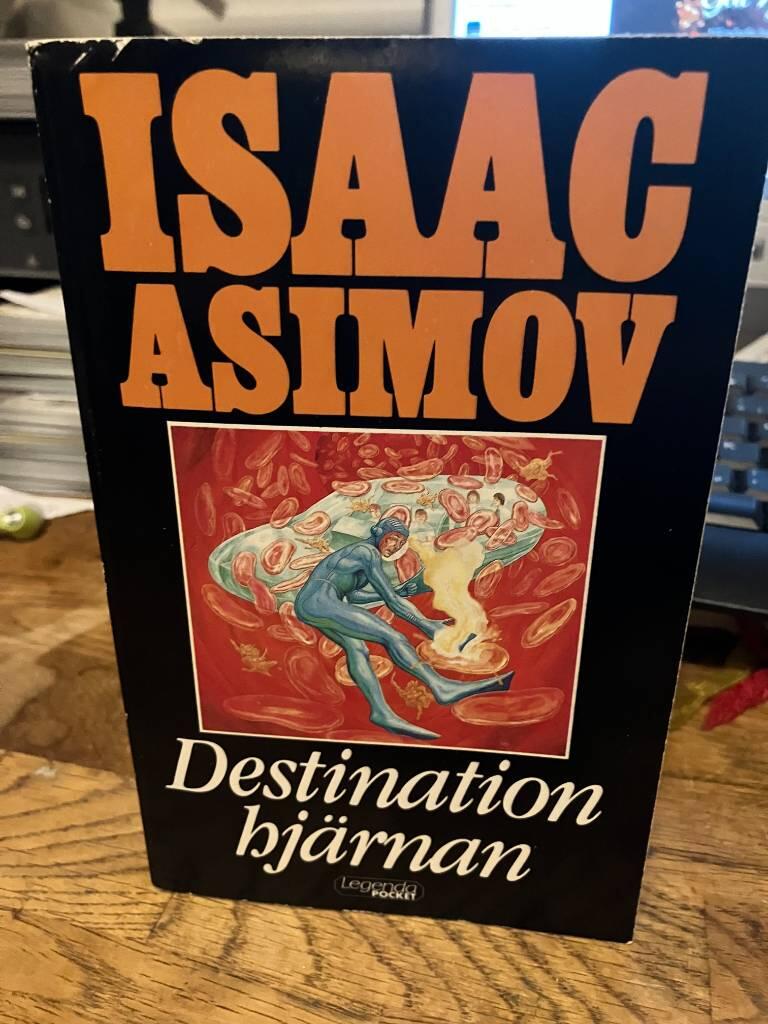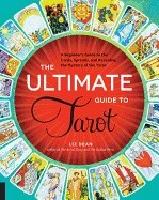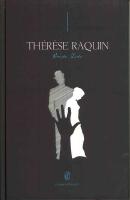
Barnets religionsfrihet – en villkorad rättighet?: En filosofisk undersökning utifrån FN:s barnkonvention
Häftad bok. Uppsala Universitet. 2016. 210 sidor.
Nyskick. Förlagsny och oläst. Flera ex i lager
Förlagsfakta
- ISBN
- 9789155494636
- Titel
- Barnets religionsfrihet – en villkorad rättighet? [Elektronisk resurs] En filosofisk undersökning utifrån FN:s barnkonvention
- Författare
- Klasson Sundin, Maria 1961- - Zackariasson, Ulf - Slotte, Pamela - Uppsala universitet Humanistisk-samhällsvetenskapliga vetenskapsområdet
- Förlag
- Uppsala Acta Universitatis Upsaliensis
- Utgivningsår
- 2016
- Språk
- Svenska
- Baksidestext
- This dissertation uses philosophical tools to examine the child’s right to freedom of religion within the context of the United Nations Convention on the Rights of the Child (CRC) and other international human rights instruments. Article 14 of the CRC establishes the right of the child to freedom of thought, conscience and religion. It also establishes the right of the child's parents to guide and support the child in its exercise of the right to freedom of religion, while adjusting this support according to the child's evolving capacities. The emphasis of the study is on how to understand the child as, on the one hand, agent and subject in the exercise of this right and, on the other, dependent on parental support and guidance. For this purpose, the theoretical underpinnings of the child’s right to freedom of religion are examined with a particular focus on the conceptualization of this right in relation to children. With the text of the CRC as a starting point, different theories on rights , autonomy and religion are analyzed in order to find those compatible with both aspects of Article 14: the child as agent and the child as dependent. Theories that demand fully developed cognitive abilities in order to be a moral agent and a rights holder are rejected, as are theories in which the parents are the sole decision-makers on the basis of their own view of what is in the child's interests. In the same way, conceptions of religion in purely cognitive terms, or not taking into account dimensions of practice and observance accessible to children, are rejected. The conclusion drawn from the analysis is that relational conceptualizations of rights and autonomy and multi-dimensional conceptualizations of religion are best served to include both aspects of the child's right to freedom of religion. In viewing all humans, adults and children alike, as both active agents and vulnerably dependent on others, these conceptualizations challenge traditional views on rights and autonomy, and modern views of religion. In the final chapter, aspects of these relational conceptions are put together into a relational, mutuality-oriented model of the child's right to freedom of religion.
Diss. Uppsala : Uppsala universitet, 2016





![Sverigevägvisaren [Kartografiskt material] : [kartor och mängder av fakta, rundturer och stadsbeskrivningar]](https://dez1v4fbcawql.cloudfront.net/product/5160/8139489/5be1d78369d68.jpg)









